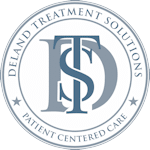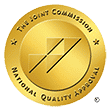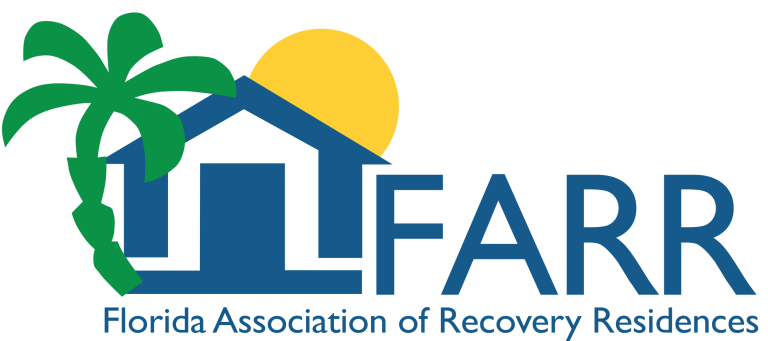Residential treatment centers are important and have an important role to play when it comes to the world of mental health and addiction recovery. They provide a safe, structured environment where people can be able to receive round-the-clock support and access to a wide array of therapeutic interventions. Being in a residential treatment program for substance abuse or a mental health disorder is life-changing for many who are struggling with these types of issues. But to make an educated choice, one must understand when residential treatment is needed and how it can be used in helping the healing process.
What is Residential Treatment?
A residential treatment program is a live-like structured program that provides intensive therapy and support to those who are having trouble with their addiction or mental health. Residential treatment centers are different from outpatient programs because they offer patients 24-hour supervision and care in a safe and supportive environment that is conducive to healing.
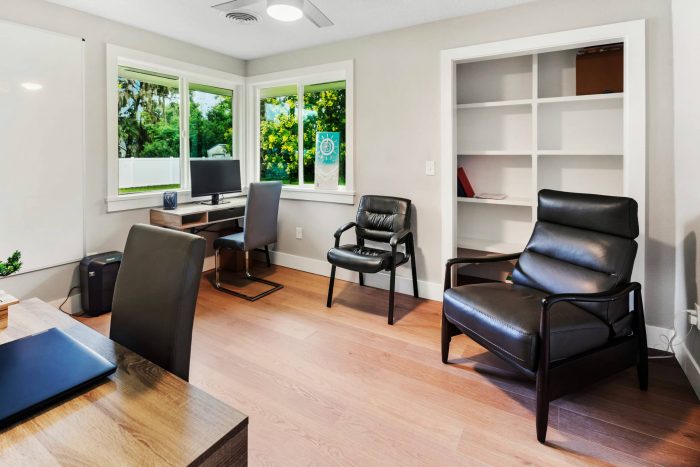
When is Residential Treatment Necessary?
For people suffering from severe drug or alcohol addiction, these drug treatment residential programs are where they need immersive support. These are the programs that can be used to manage withdrawal symptoms, address the underlying psychological problems, and train coping strategies for curbing both drugs and other vices for lifetime sobriety.
- Mental Health Residential Treatment for Chronic Mental Health Conditions: If you have depression, anxiety, bipolar disorder, or schizophrenia, a mental health residential treatment is a stable and therapeutic place to get better at controlling your symptoms, so you can lead a normal life.
- Transitioning to a Residential Treatment Center: When the outpatient therapy or counseling sessions fail, it is necessary to seek residential treatment for more intensive care.
- Substance Use Disorder and Mental Health Conditions: This population benefits from an integrated approach that takes place simultaneously in a living environment in residential settings by specialists.
- When the Conditions Cannot Be Managed in the Family: Residential treatment is recommended for those who threaten themselves or others due to severe emotional distress or addiction-related behavior.
Support is available—you've taken the first step by starting your research.
Lorem ipsum dolor sit amet, consectetur adipiscing elit. Ut elit tellus, luctus nec ullamcorper mattis, pulvinar dapibus leo.
You can also start by checking your insurance coverage online.
Benefits of Residential Treatment Centers
- Structured Environment: Any environment where there are fewer Triggers or distractions for one to focus on recovery alone.
- 24/7 Medical and Emotional Support: This means people with no access to healthcare professionals and counseling available to them 24 hours, at least there is access to them 24*7.
- Therapies Covered in Residential Programs: A variety of therapies are included in residential programs, such as individual counseling, group therapy, cognitive behavioral therapy (CBT), and holistic treatments such as yoga and meditation.
- Peer Support and Community: Having peers in similar situations and facing similar challenges is a supportive community and being a member of that community.
- Resident Skill Building for Long-Term Recovery: Includes learning coping mechanisms, stress management skills, and relapse prevention strategies to aid in recovery and mental wellness.
Contact Solutions Healthcare
Battling with Drug and Alcohol Addition? Remember, you are not alone and we are here to help you!
What to Expect in a Residential Treatment Program
- Individualized Assessment and Treatment Plan: All patients are evaluated upon admission to create a tailored care plan.
- Detox process (if necessary): This includes detoxifying your body from substances that are harmful to you if you are dealing with substance abuse and have to cleanse the body under medical attention.
- Therapeutic Session: Each approach contributes to alleviating emotional and psychological problems at once through individual, group, and family therapy sessions.
- Life Skills and Wellness Activities: Many programs include aspects of physical fitness, nutrition counseling, and recreational activities, all rearing towards overall wellness.
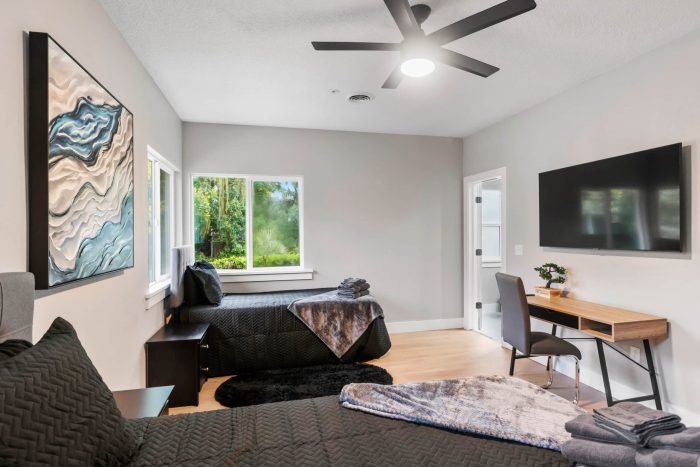
Preparing for life after treatment is important and includes Aftercare Planning. It also includes outpatient therapy preparation, support or group therapy, as well as relapse prevention strategies.
How to Choose the Right Residential Treatment Center
- Accreditation and licensing: Make sure that the facility is accredited and that staff working within the facility are licensed professionals.
- Addictions: Some centers focus on specific types of addictions while others address more general problems, so it is important to find the right match.
- Treatment Options: Seek evidence-based and holistic therapy approaches that are best suited to a person’s needs as an individual.
- Look into the environment and facilities provided, for instance, private rooms, recreational places, and wellness programs.
- Verify the cost of the program and whether insurance covers part or all of the treatment.
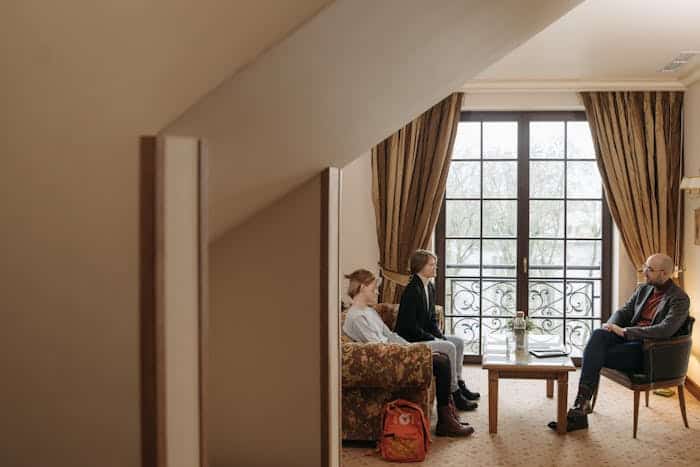
Contact Deland Treatment Solutions
Residential treatment may be a good initial step towards recovery if you or someone you love is dealing with an addiction or struggles with mental health issues. As a provider of compassionate care and personalized programs, Deland Treatment Solutions helps individuals reclaim their lives.
